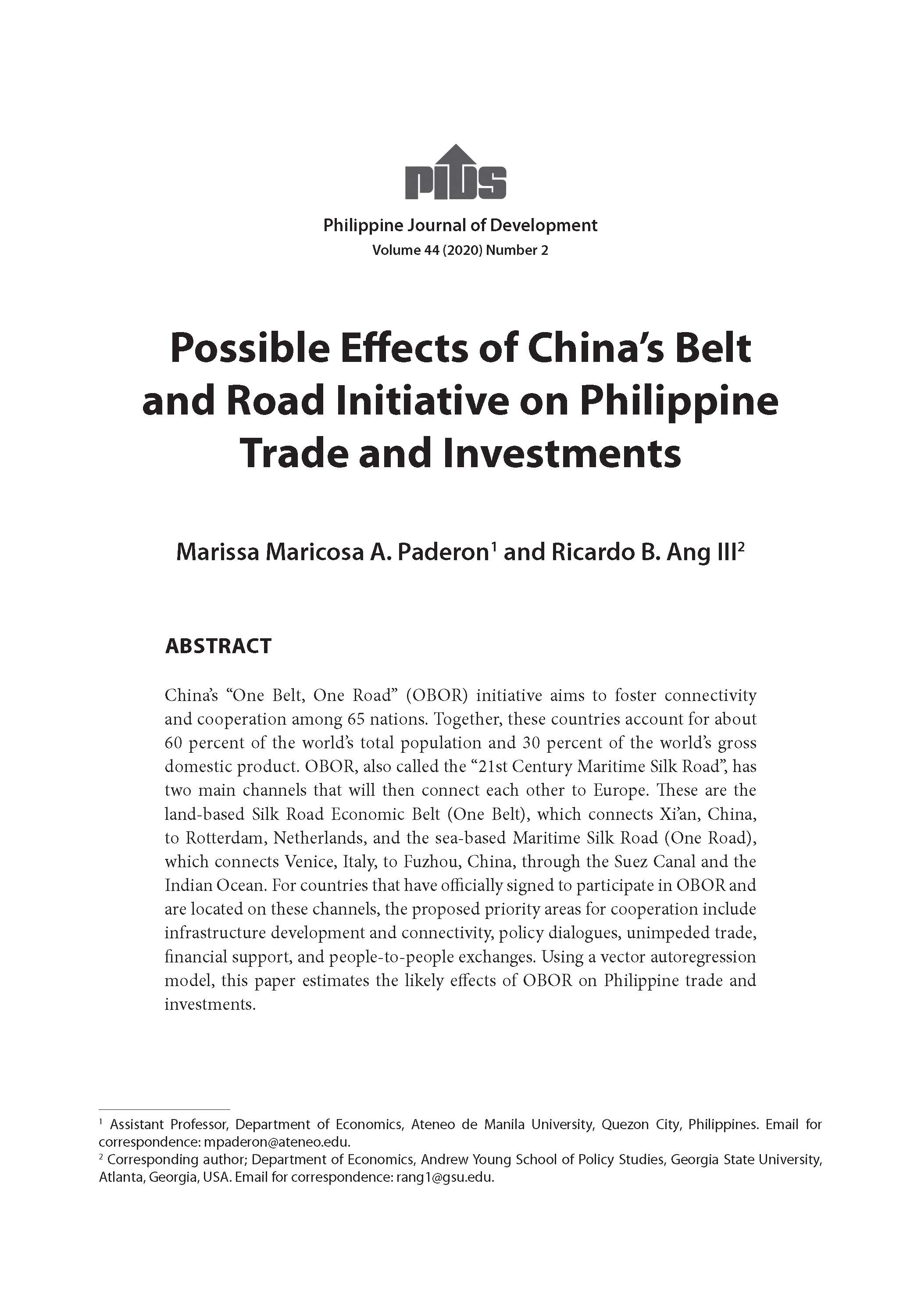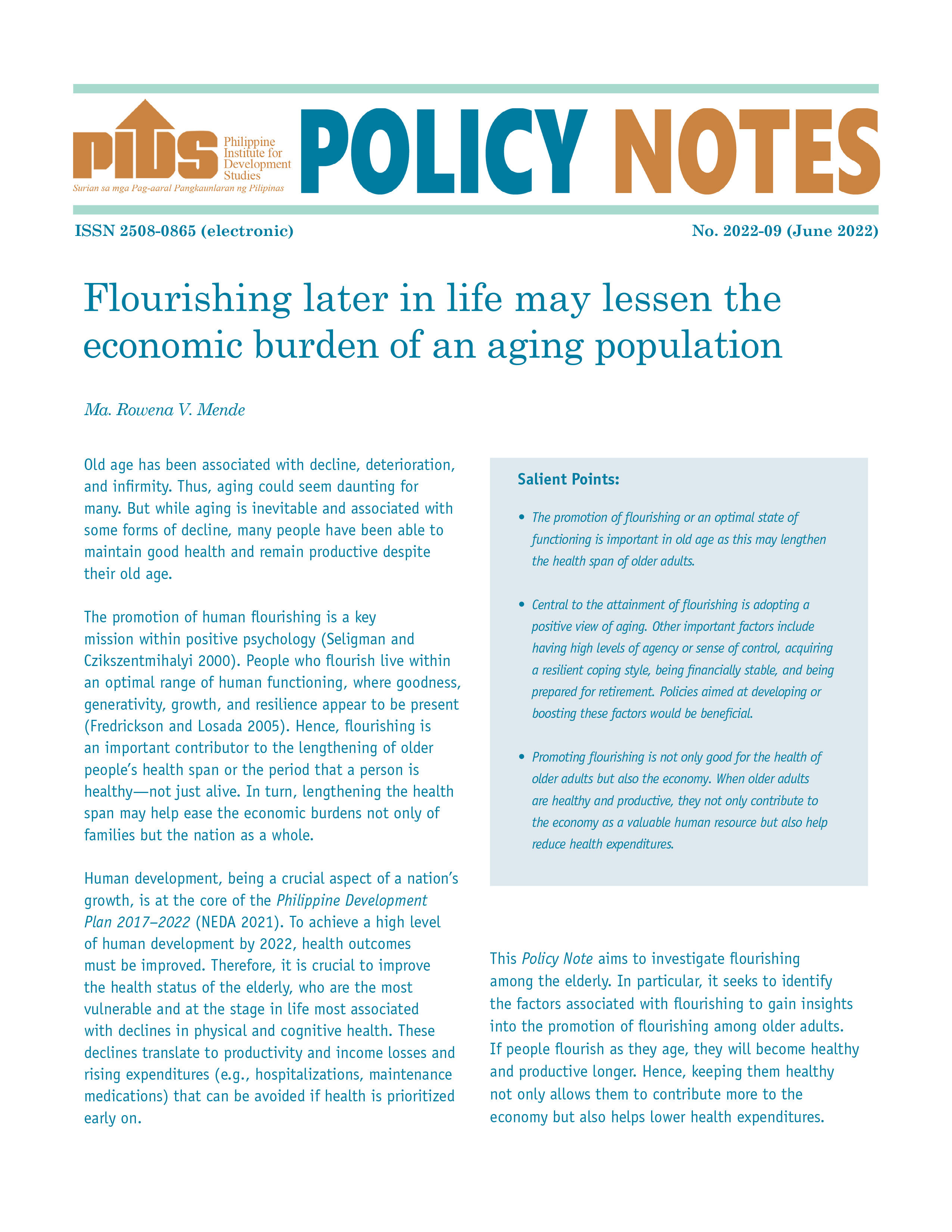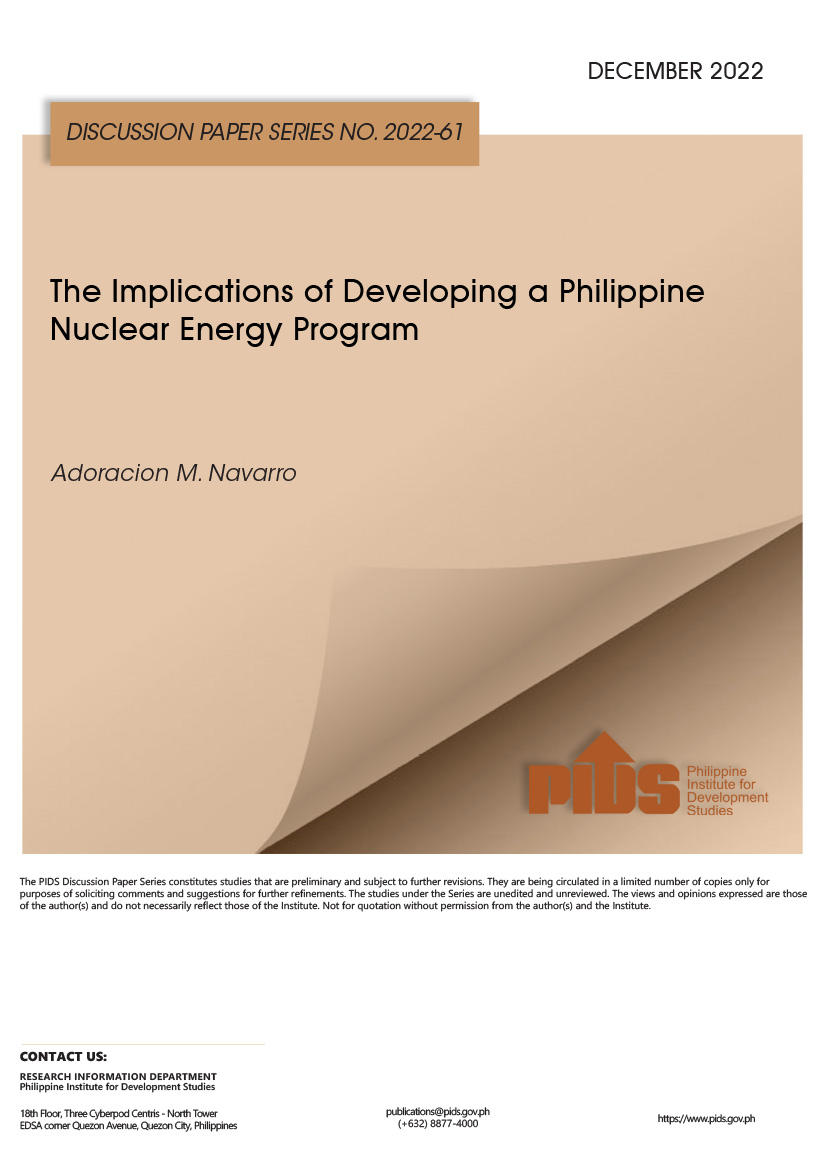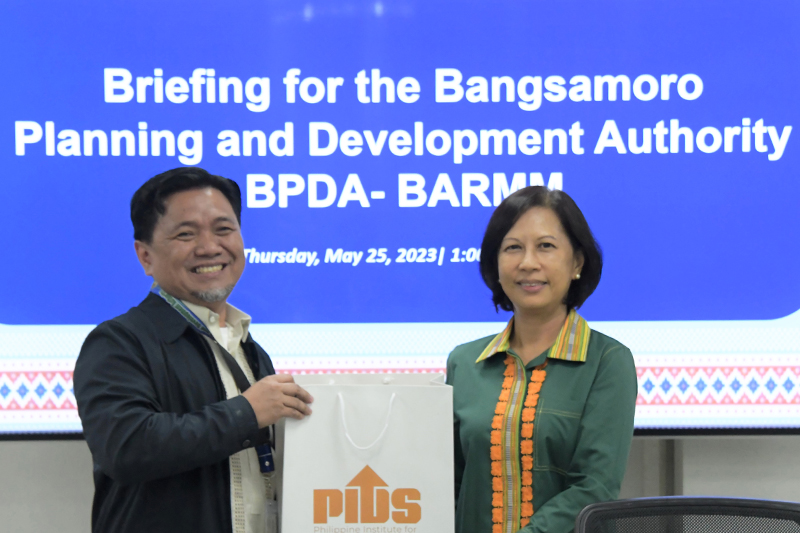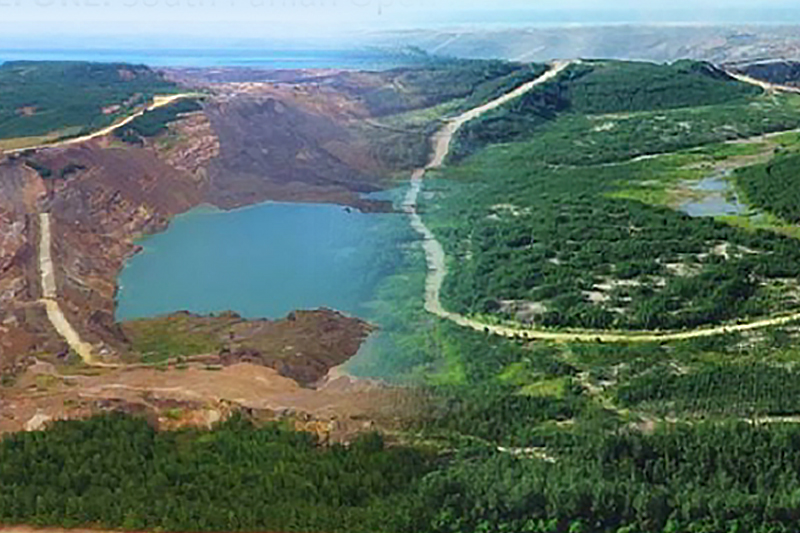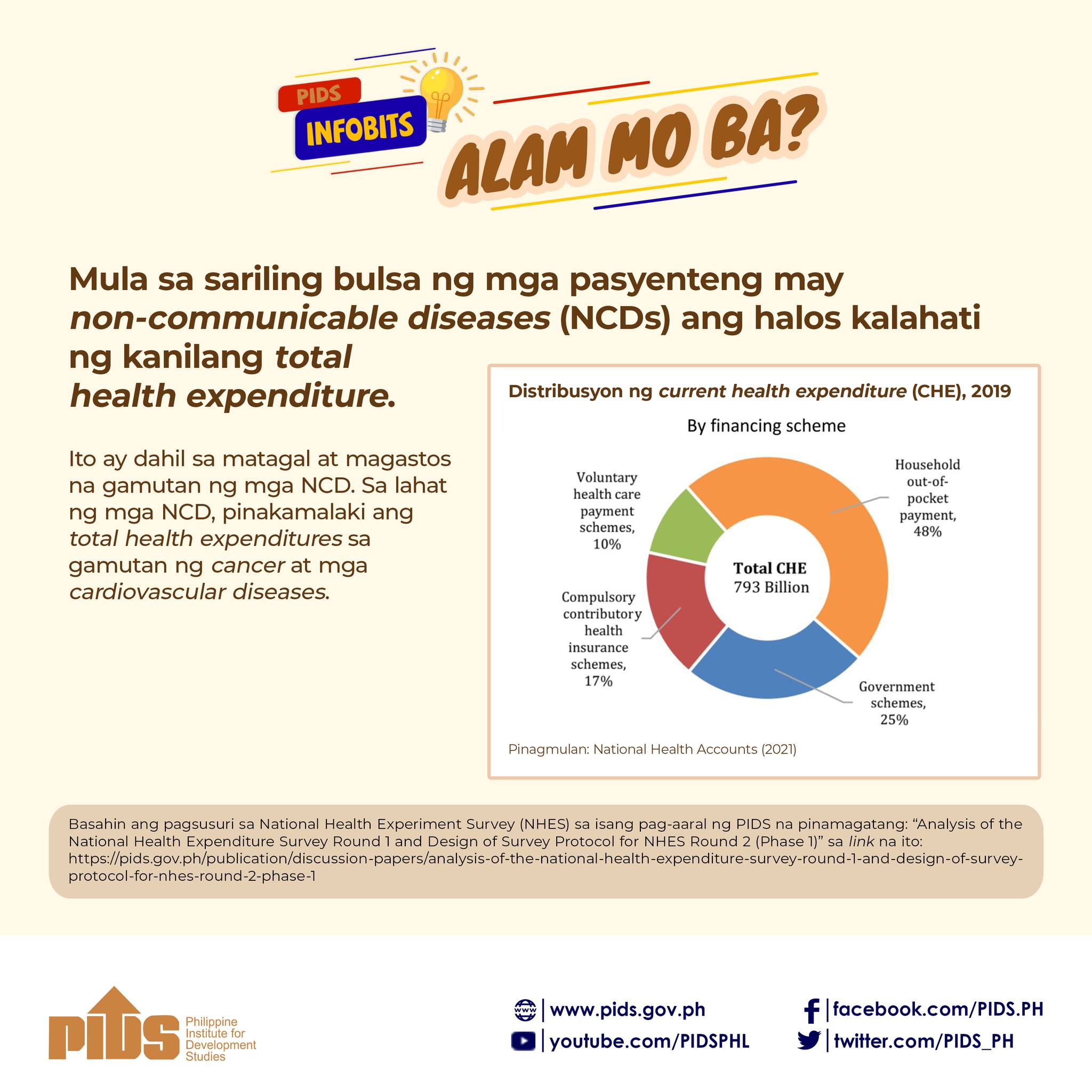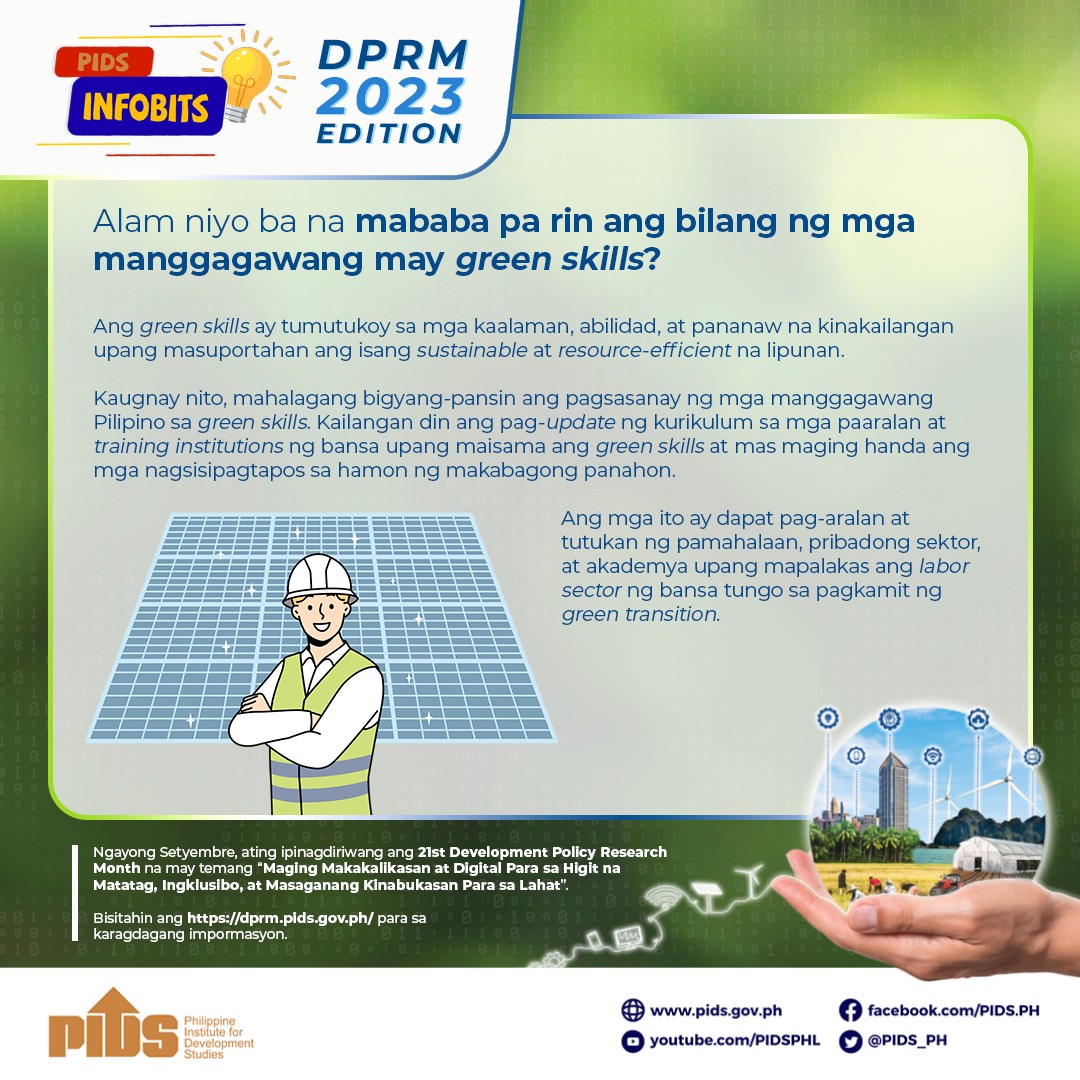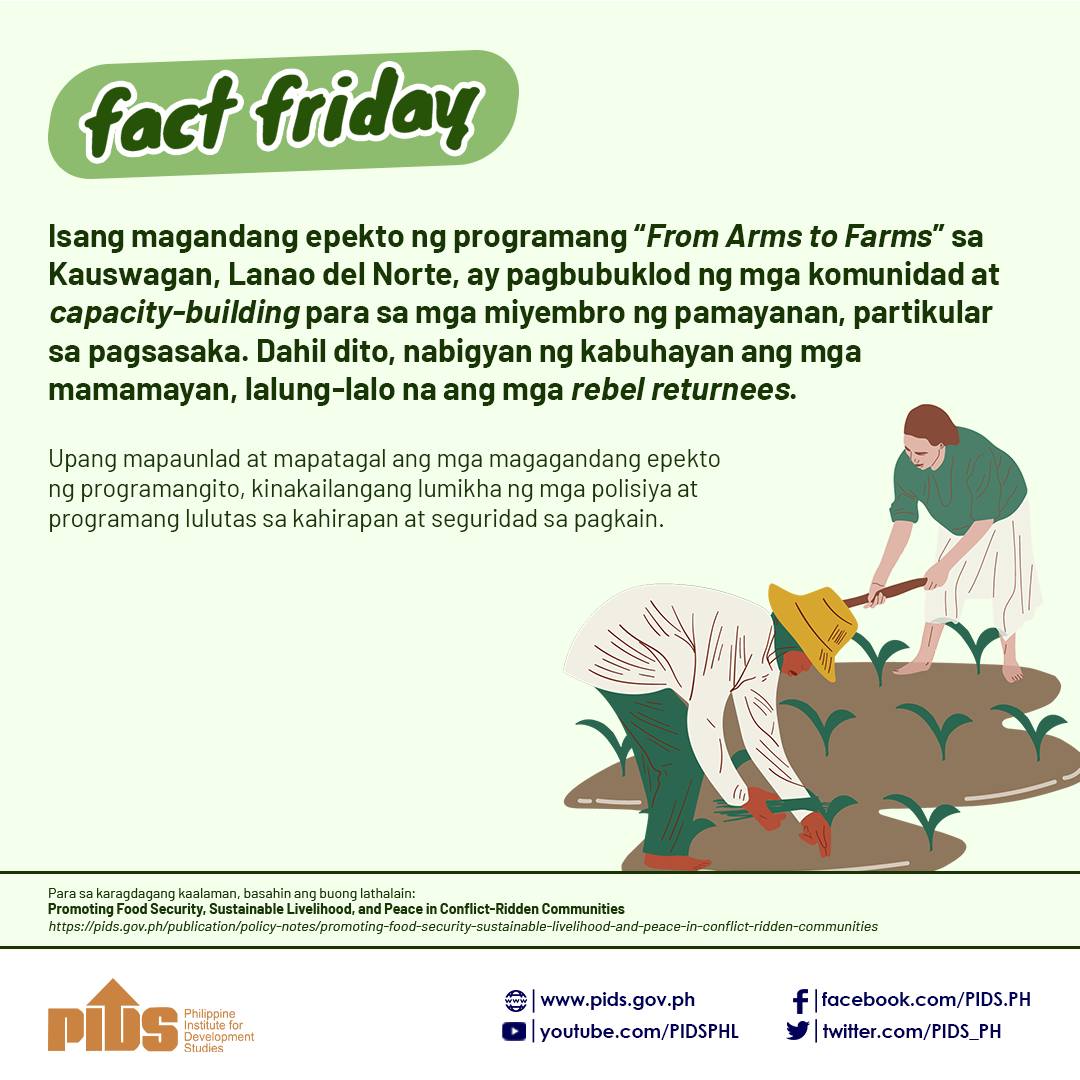A Leni Robredo-Sara Duterte combination winning in the May elections may be unthinkable to rabid partisans and most poll analysts, but with politics being the art of the impossible, such an unlikely pair could just be the key to national unity and economic recovery.
We are talking of a scenario where voters ignore party tags, which have become meaningless anyway, and by some political alchemy pick from opposing camps – maybe Robredo (Independent) for president and Duterte (Lakas-CMD) for vice president.
Their working as partners could help bring together disparate partisan forces, tone down divisive diatribes and heal the wounds of political combat. Pumping blood back into the anemic economy could then become easier.
Surveys show that the following of the two ladies is substantial enough to make them win without having to ride on the supposed drawing power of their partners. They could win on their own.
That they are both women should not detract from their individual winning potential, as they would be voted for separately, and not as a pair. Without block voting, they would not be mutually exclusive.
Even if President Duterte has an iron-clad deal with the Marcoses (he says he has none), his daughter Sara is known to have a mind of her own, meaning she is not bound by any agreement of the father.
As for ex-senator Ferdinand Marcos Jr., he said after his teaming up with Sara Duterte was announced last November that they have no deal or agreement about term-sharing, that they would not split the six-year term in case they both win.
It is curious that President Duterte said in his Jan. 25 report to the nation that one of the leading presidential aspirants is very corrupt and that all but one of the frontrunners in the race are hounded by negative issues. He did not mention any candidate by name.
On Wednesday, Albay Rep. Joey Salceda announced he was backing Robredo for president. That move surprised many since he was presumed to be also supporting Marcos (just because he is paired with Sara).
After Salceda announced his support for Robredo and reiterated his backing Sara’s VP bid, she said that she and Marcos had agreed not to refuse endorsements “whether individually or collectively.” Their team-up is not that tight?
Before she consented to run with Marcos, Sara was being pushed by Salceda to run for president, but she agreed instead to be the VP nominee of the Lakas-CMD party of former president Gloria M. Arroyo.
Salceda announced that he had been talking with a group of financial managers and representatives of big foreign investors, who he said expressed confidence that if Robredo becomes president the local economy would be in good hands.
Economic challenges await new president
The Philippines posted a 7.7 percent 4th quarter growth in gross domestic product in 2021, resulting in full-year growth of 5.6 percent. It was slightly better than expected, considering the mobility restrictions imposed to stem the COVID-19 surges traced to the Omicron variant.
Most economists believe, however, that recovery prospects remain dim. For certain, the winner in this year’s presidential race will inherit a challenging fiscal situation.
As of November 2021, the country’s debt reached P11.93 trillion as the administration borrowed more money to fund support measures it had to roll out during lockdowns while also dealing with falling revenue collection during the pandemic.
With the country’s debt projected to reach P13.4 trillion in 2022, the incoming administration will inherit a substantial debt bill that could curtail its fulfilling campaign promises and sustaining the modest economic momentum gained in the last quarter of 2021.
As we inch closer to May 9, we will need a leader who can walk the tightrope while putting the pandemic in check and getting more businesses to open safely and restore jobs and incomes.
We’ll need someone who has the head to understand the economics involved in running a country and the heart to put the needs of the country first. We’ll need someone strong, steadfast and who can make the tough calls and sacrifices to shepherd us into a brighter future.
On Friday, Robredo was endorsed for the presidency by at least 163 Filipino economists, including five former chiefs of the National Economic and Development Authority who served in the previous and the present administrations.
Calling themselves “Economists for Leni,” they said in a statement:
“At this time when our country is struggling to recover from its deepest economic crisis since the 1980s, we believe that government’s role has never been more indispensable. We are convinced that only a competent leadership can restore the people’s trust and confidence in government, enabling it to effectively preside over the collective effort of economic recovery in the wake of the pandemic.”
Among the signatories were former NEDA chiefs Ernesto Pernia (who served under Duterte), Winnie Monsod, Cielito Habito, Dante Canlas and Emmanuel Esguerra.
Other prominent economists supporting Robredo are Diwa Guinigundo, former deputy governor of the Bangko Sentral ng Pilipinas; Marikina Rep. Stella Quimbo and two former presidents of the Philippine Institute for Development Studies (the government’s official think tank), Gilberto Llanto and Mario Lamberte.
The economists cited Robredo’s “solid” background in economics and law, pointing out that this will be “necessary for crafting policies to accelerate economic recovery.”
Before entering politics in 2013, Robredo was an alternative lawyer and economist who obtained her economics degree from the University of the Philippines-Diliman in 1986.
They said Robredo has proven her track record for running “efficient and responsive” pandemic response programs despite the measly annual budget of the Office of the Vice President.
We are talking of a scenario where voters ignore party tags, which have become meaningless anyway, and by some political alchemy pick from opposing camps – maybe Robredo (Independent) for president and Duterte (Lakas-CMD) for vice president.
Their working as partners could help bring together disparate partisan forces, tone down divisive diatribes and heal the wounds of political combat. Pumping blood back into the anemic economy could then become easier.
Surveys show that the following of the two ladies is substantial enough to make them win without having to ride on the supposed drawing power of their partners. They could win on their own.
That they are both women should not detract from their individual winning potential, as they would be voted for separately, and not as a pair. Without block voting, they would not be mutually exclusive.
Even if President Duterte has an iron-clad deal with the Marcoses (he says he has none), his daughter Sara is known to have a mind of her own, meaning she is not bound by any agreement of the father.
As for ex-senator Ferdinand Marcos Jr., he said after his teaming up with Sara Duterte was announced last November that they have no deal or agreement about term-sharing, that they would not split the six-year term in case they both win.
It is curious that President Duterte said in his Jan. 25 report to the nation that one of the leading presidential aspirants is very corrupt and that all but one of the frontrunners in the race are hounded by negative issues. He did not mention any candidate by name.
On Wednesday, Albay Rep. Joey Salceda announced he was backing Robredo for president. That move surprised many since he was presumed to be also supporting Marcos (just because he is paired with Sara).
After Salceda announced his support for Robredo and reiterated his backing Sara’s VP bid, she said that she and Marcos had agreed not to refuse endorsements “whether individually or collectively.” Their team-up is not that tight?
Before she consented to run with Marcos, Sara was being pushed by Salceda to run for president, but she agreed instead to be the VP nominee of the Lakas-CMD party of former president Gloria M. Arroyo.
Salceda announced that he had been talking with a group of financial managers and representatives of big foreign investors, who he said expressed confidence that if Robredo becomes president the local economy would be in good hands.
Economic challenges await new president
The Philippines posted a 7.7 percent 4th quarter growth in gross domestic product in 2021, resulting in full-year growth of 5.6 percent. It was slightly better than expected, considering the mobility restrictions imposed to stem the COVID-19 surges traced to the Omicron variant.
Most economists believe, however, that recovery prospects remain dim. For certain, the winner in this year’s presidential race will inherit a challenging fiscal situation.
As of November 2021, the country’s debt reached P11.93 trillion as the administration borrowed more money to fund support measures it had to roll out during lockdowns while also dealing with falling revenue collection during the pandemic.
With the country’s debt projected to reach P13.4 trillion in 2022, the incoming administration will inherit a substantial debt bill that could curtail its fulfilling campaign promises and sustaining the modest economic momentum gained in the last quarter of 2021.
As we inch closer to May 9, we will need a leader who can walk the tightrope while putting the pandemic in check and getting more businesses to open safely and restore jobs and incomes.
We’ll need someone who has the head to understand the economics involved in running a country and the heart to put the needs of the country first. We’ll need someone strong, steadfast and who can make the tough calls and sacrifices to shepherd us into a brighter future.
On Friday, Robredo was endorsed for the presidency by at least 163 Filipino economists, including five former chiefs of the National Economic and Development Authority who served in the previous and the present administrations.
Calling themselves “Economists for Leni,” they said in a statement:
“At this time when our country is struggling to recover from its deepest economic crisis since the 1980s, we believe that government’s role has never been more indispensable. We are convinced that only a competent leadership can restore the people’s trust and confidence in government, enabling it to effectively preside over the collective effort of economic recovery in the wake of the pandemic.”
Among the signatories were former NEDA chiefs Ernesto Pernia (who served under Duterte), Winnie Monsod, Cielito Habito, Dante Canlas and Emmanuel Esguerra.
Other prominent economists supporting Robredo are Diwa Guinigundo, former deputy governor of the Bangko Sentral ng Pilipinas; Marikina Rep. Stella Quimbo and two former presidents of the Philippine Institute for Development Studies (the government’s official think tank), Gilberto Llanto and Mario Lamberte.
The economists cited Robredo’s “solid” background in economics and law, pointing out that this will be “necessary for crafting policies to accelerate economic recovery.”
Before entering politics in 2013, Robredo was an alternative lawyer and economist who obtained her economics degree from the University of the Philippines-Diliman in 1986.
They said Robredo has proven her track record for running “efficient and responsive” pandemic response programs despite the measly annual budget of the Office of the Vice President.

